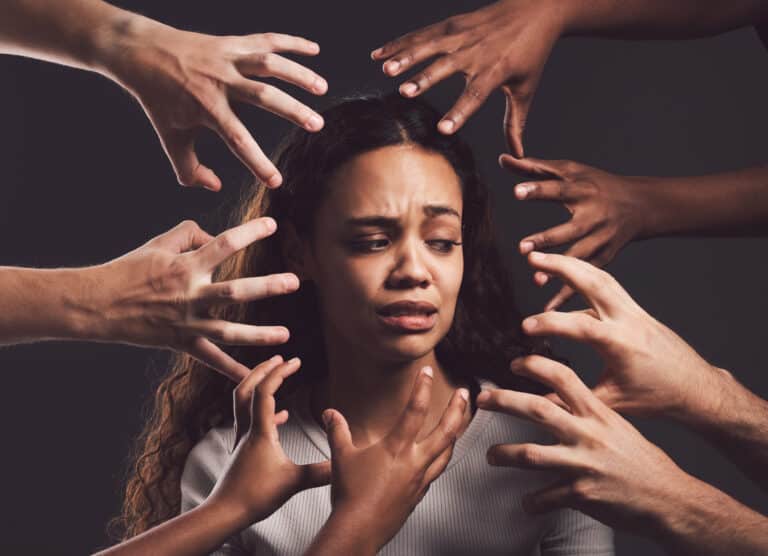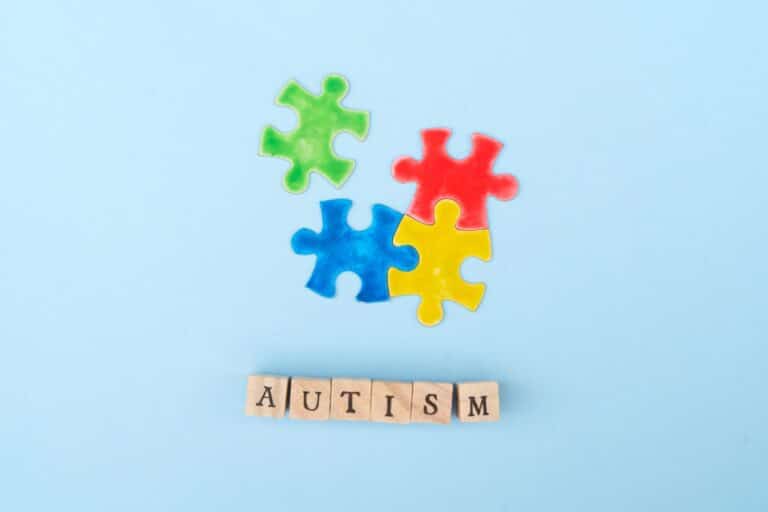In 2013, more than 150,000 individuals in the state of California enrolled in a rehab program to treat substance abuse issues.
The most prevalent type of substance use disorder in California is alcohol use disorder, and the number of emergency department visits that were related to heroin have tripled between the years 2006 and 2017.
If you or someone you love is in need of help for a substance use disorder, finding the best drug rehab in California for them is of the utmost importance.
Let’s take a look at how to choose a California drug rehab.
Exploring Your Options
There are a number of different ways that you can find recovery resources if you are struggling with a substance use disorder or if you fear that a loved one might be suffering from an addiction.
Do an Internet Search
It is important to you that your search for recovery resources be discrete, searching the Internet is a good way to go. You can find information on the different types of addiction, types of treatment, and available facilities online. You can also find support groups both locally and online.
Reach Out to Professional Health Care Workers
Reaching out to a counselor, social worker, therapist, mental health clinician, or interventionist can help give you guidance in finding the right resources. They will be a part of a large network of addiction specialists and will be able to help you find facilities locally.
Contact a Mental Health or Addiction Hotline
This is a resource that you can use if you need immediate assistance. SAMHSA has a 24/7 hotline that is completely free and confidential.
Finding the Best Drug Rehab in California For Your Needs
In order to find drug rehab centers in California that will best fit your needs, you can speak with your primary care physician or another mental health professional. You can ask them for recommendations as far as local facilities go.
You can also join local recovery groups to try and get recommendations. Some of the questions that you might ask people who have gone through drug rehab facilities include:
- Which rehab facilities would you recommend?
- Which rehab facilities would you recommend avoiding?
- What is the best drug rehab in California?
- What kind of experience that you have at specific facilities?
- Since leaving rehab, how is your recovery been?
Speaking with other individuals who have been to rehab is a good way to understand which facilities will work best for you.
Do Your Research: What You Should Look For In a California Drug Rehab
After your procedure recommendations from mental health professionals and other recovering addicts, it’s time to start researching the facilities more in-depth.
Licensing and Accreditation
Probably one of the most important things that you will need to look for is ensuring that facilities have the proper accreditation and licensing. The information will likely be on the “about us” page of the facilities website.
Local Partnerships, Memberships, and Other Community Involvement
One thing that can indicate a facility’s commitment to improvement and trustworthiness is if they are involved with local community groups, businesses, or other organizations.
Multidisciplinary and Credentialed Staff
Since addiction is a condition that is multifaceted, it’s important that a wide range of professionals the available to you during your rehabilitation. Research to make sure that any facilities you might attend as a well-rounded team of medical and mental health professionals.
Types of Drug Rehab in California
Drug rehab can entail a number of different therapies. Let’s take a look at some of the different types of programs that might be offered by different drug rehab centers in California.
Inpatient
With inpatient rehab, a patient resides at the facility 24/7 for a period of time. This can allow the individual to focus completely on the recovery and be removed from their daily life.
Outpatient
Outpatient rehab is also available for people who are unable to completely drop everything in their lives and enter a 24/7 facility. Many of the same services will be available to them, however, they will be able to still work and maintain the responsibilities of daily life.
Faith-Based
Faith-based programs help individuals detox from the drugs that they are addicted to while also providing spiritual support. In addition to medical and mental health professionals, people will be able to meet with certified spiritual advisors who can help give them guidance and counseling.
The 12-Step Program
Many people have heard of the 12 step program. The philosophy behind this program was pioneered by Alcoholics Anonymous and is still used in many treatment facilities today.
Non-12 Step Programs
Non-12 step rehab programs tend to be more secular and do not place as much emphasis underlying on a higher power. These programs can put more emphasis on self-empowerment.
Dual Diagnosis
It is common for substance use disorder and mental health disorders to go hand-in-hand. Dual diagnosis programs allow individuals to be treated for both their mental illness and their substance abuse issues at the same time.
Group Therapy
Group therapy is a valuable treatment option, as it can help to offer encouragement and support while also building understanding and trust. While it can be intimidating at first, many people find group therapy to be incredibly rewarding.
Are You Looking For The Best Drug Rehab in California For You or a Loved One?
There are so many California drug rehab facilities that it can be overwhelming to decide which one to go with. When making a decision about where to receive treatment for substance use disorder, it is absolutely vital that an individual find a program that works best for them.
Is it time for you are a lot going to seek help for their substance abuse? Contact us today to discuss our facility and ask any questions you might have.






